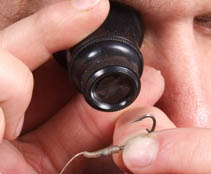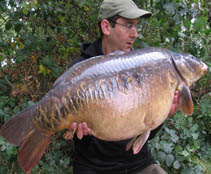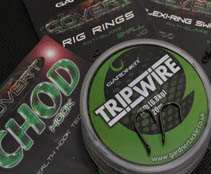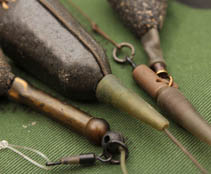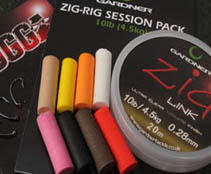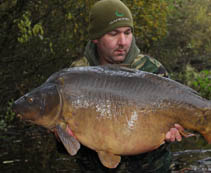Lewis Read Articles
Paranoiac presentation by Lewis Read
Despite a lot of rhetoric, it sometimes seems blatantly apparent that a lot of anglers and writers out there don’t realise the importance of the reaction speed of their rig and what is going on inside the fish’s mouth in the moment of the hook point taking its initial tentative purchase. Watch the fish’s split [...]


